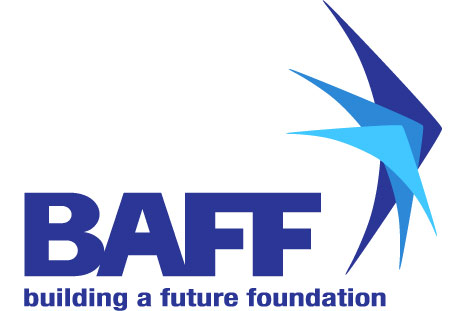A new composite material based on natural jute fibre may show great promise in the marine industry. This ECO-sourced material might one day be able to replace synthetic composites partially or totally while revitalizing the jute industry in a country like Bangladesh.
In that frame, BAFF recently linked up with the French organisation Gold of Bengal (www.goldofbengal.com) to set up a pilot project consisting in the manufacturing of hulls of 3,5 m RIB boats (rubber inflatable boats) in a composite material based on natural jute fibre sourced in Bangladesh. Prototype boats will then be thoroughly tested at sea by BAFF’s experts in Sri Lanka to analyse its capacities to resist natural constrains and to compare it with RIBs made out of the today commonly used composite fibre glass/resin. These tests will be carried out according to a reference chart developed by GOB pointing out relevant criteria to be observed.
The Gold of Bengal project was initiated three years ago in Bangladesh by the French organisation Watever (www.watever.org) founded by Marc Van Peteghem from the worldwide-renown naval architect office VPLP. Early 2014 the French NGO Gold of Bengal (GOB) was created by Corentin de Chatelperon a young engineer graduated from ICAM in Nantes, France.
In order to develop the jute innovation GOB implements R&D in Bangladesh and also in partnership with research institutes like IFREMER, ICAM and Quantis for the study of the Life Cycle Analysis and the transfer of technology.
This pilot project is for BAFF a first initiative that will shortly be followed by R&D projects implemented with other biosourced fibers like sisal from Madagascar or Kenaf from Sri Lanka. More news soon.

